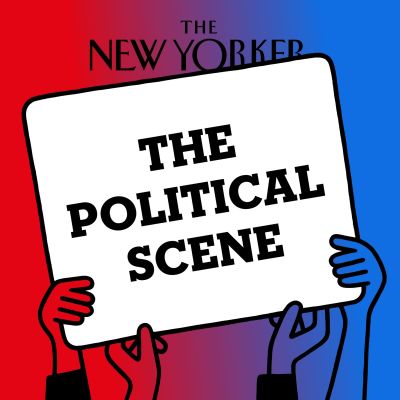Join The New Yorker’s writers and editors for reporting, insight, and analysis of the most pressing political issues of our time. On Mondays, David Remnick, the editor of The New Yorker, presents conversations and feature stories about current events. On Wednesdays, the senior editor Tyler Foggatt goes deep on a consequential political story via far-reaching interviews with staff writers and outside experts. And, on Fridays, the staff writers Susan B. Glasser, Jane Mayer, and Evan Osnos discuss the latest developments in Washington and beyond, offering an encompassing understanding of this moment in American politics.
https://the-political-scene-the-new-yorker.simplecast.com
Anthony Fauci, Then and Now
At the moment that Donald Trump was leaving Walter Reed Hospital, not yet recovered from a case of COVID-19, Dr. Anthony Fauci sat down with Michael Specter to discuss the coronavirus and its impact on America. For the President—and those of us counting on a vaccine to miraculously deliver us back to normalcy—Fauci offers a reality check. “Let’s say we have a vaccine and it’s seventy per cent effective. But only sixty per cent of the people [are likely to] get vaccinated. The vaccine will greatly help us, but it’s not going to eliminate mask-wearing, avoiding crowds, and things like that.” Specter, who covered Fauci’s work in public health during the AIDS crisis, asks him about his relationship with activists in the nineteen-eighties and today. “The [AIDS] activists never threatened us in a serious way, they wanted to gain our attention,” he says. “Their motivations were all pure.” Opponents of masks and lockdown, he believes, intend to do harm. “The threats that we get now are real. Threats on life, harassment of family. . . . That requires our needing security.”
Michael Specter’s audio biography “Fauci” is available from Pushkin.
